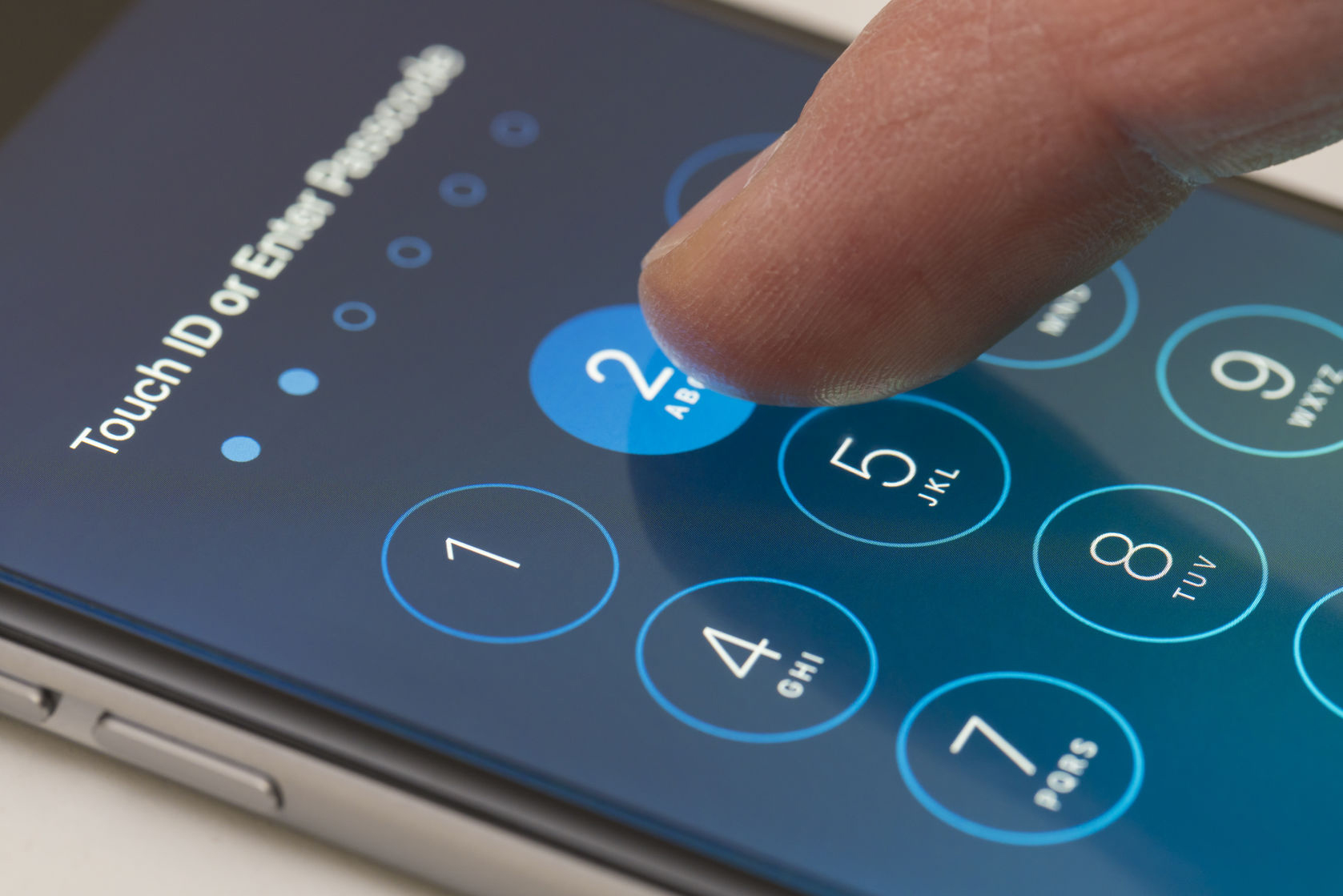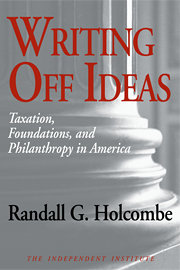The FBI’s decision to drop its lawsuit against Apple, in which it sought to force the company to create software to unlock an iPhone belonging to one of the San Bernardino, Calif., terrorists, in no way lessens the importance of Apple’s position in the matter.
The FBI backed off because it was able to hack into the phone, but the issues raised by this controversy have not been resolved. We should expect a replay in the future; that’s why it’s important to understand why Apple was right to take the principled position it did.
Basic American rights were at stake, and the purpose of law is to protect people’s rights.
Consider what the FBI asked Apple to do. The FBI did not ask Apple to turn over information it already had. This was nothing like a search warrant. Apple did not have the information the FBI was seeking - and never had it.
Instead, the FBI wanted Apple to write new software to unlock the phone in order to help it search for the information. The government has no right to force anybody to involuntarily provide it services.
Consider the broader implications of the FBI’s argument. FBI officials maintained that the government has the right to force companies to undertake activities that will help the government obtain people’s personal information. Apple was not hiding anything and would have had to create new software to do what the FBI wanted.
This is our government; but what if it was the Chinese government that wanted Apple to unlock the phones of Chinese citizens alleged to have broken the law? Would Americans - and the American FBI - support such attempts to force Apple to break into people’s phones?
If the case had gone forward and the FBI had won, it would justify giving all governments the same powers the FBI wanted. When the time inevitably came, the U.S. government could hardly argue that a foreign government doesn’t have the same right to force companies to aid their investigations. Would this really be in our long-term interest?
I have seen the argument that Apple was refusing to unlock the phone for business reasons, to protect the value of its brand.
Let’s say this is true. Should the government be in a position to force companies to engage in activities that erode the value of their brand?
Apple phones have features that protect the privacy of information people have on them. The Fourth Amendment guarantees people this right to privacy. Individuals have the right to possess information without having to share it with the government. And Apple has the right to provide products that help individuals protect this right.
Yes, the Fourth Amendment also says the government has a right to search if it has a warrant and probable cause. But it does not say that third parties can be conscripted to aid the government in its searches.
Regardless of whether the software the FBI wanted Apple to create would create problems for phone owners, forcing Apple to create such software would have violated the rights of the company and its stakeholders.
War powers in effect during the two World Wars gave the president substantial power to force corporations to redirect their resources toward producing output to aid the war effort. Those war powers were repealed after the wars ended. The FBI wanted to claim similar powers during normal times, without an act of Congress.
More than the threat of a backdoor into our phones, the real danger we would face is a backdoor attack on our rights.














